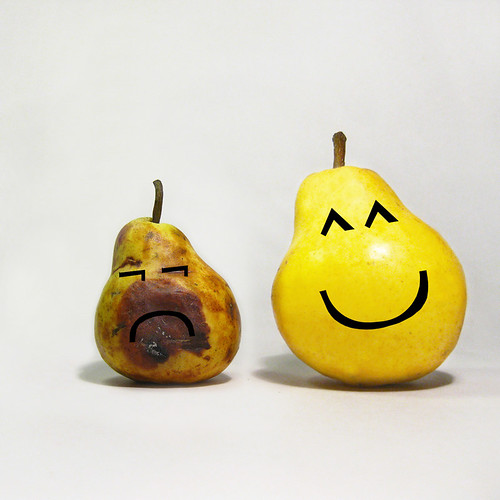Does literally “washing our hands” make us feel less guilty?
eaning one’s hands removes more than physical contaminants; it also removes residues of the past, from the guilt of past transgressions to doubts about past decisions. We review recent evidence for these and other clean slate effects from the perspectives of neural re-use, grounded cognition, and conceptual metaphor, discuss their implications, and suggest promising future directions. As you use water and soap to remove dirt and contaminants, may you also be removing psychological residues of your past? A growing body of research suggests so. For…
1 min read
Another trick to help get you to the gym:
relies on the same principle I posted about yesterday in regards to saving money: budgeting by day, week or month can make a big difference in how you view something: Two studies demonstrated that leading individuals to mentally reframe the time required for an exercise program (e.g., 2 hr per week) in terms of the equivalent daily amount (e.g., 17 min per day) reduced the perceived time commitment and increased people's willingness to try the program. Study 2 also identified a…
1 min read
Can you tell which criminals are more likely to reoffend just by looking at their tattoos?
e purpose of this study was to examine the relationship between prison tattoos and the criminal lifestyle and recidivism. Participants consisted of 81 male inmates with prison tattoos (i.e., prison-themed or prison-made tattoos), 75 inmates with nonprison tattoos (e.g., animal tattoos, tattoos of ethnic origin), 52 male inmates with no tattoos, and 66 college students with tattoos. Results indicated that inmates with prison tattoos differed from inmates with nonprison tattoos, inmates without tattoos, and college students with tattoos with regard…
1 min read
What’s a quick trick to help you spend less money?
a Journal of Consumer Research: To examine consumers‟ feelings of constraint, Spiller assigned study participants to a monthly budget group or a weekly budget group and gave them the opportunity to make 20 purchases. Those in the monthly group were given a sum of money at the beginning that they could spend throughout, whereas those in the weekly group were given a smaller amount four times throughout the study. “Compared to those in the monthly budget group, those in the weekly budget group looked at future…
1 min read
What improves performance more: envy or admiration?
ur studies tested the hypothesis that the emotion of benign envy, but not the emotions of admiration or malicious envy, motivates people to improve themselves. Studies 1 to 3 found that only benign envy was related to the motivation to study more (Study 1) and to actual performance on the Remote Associates Task (which measures intelligence and creativity; Studies 2 and 3). Study 4 found that an upward social comparison triggered benign envy and subsequent better performance only when people…
1 min read
Does higher income make you more altruistic?
is paper considers the decision of Gentiles whether to rescue Jews during the Holocaust, a situation of altruistic behavior under life-or-death stakes. I examine the role to which economic factors may have influenced the decision to be a rescuer. Using cross-country data and detailed individual-level data on rescuers and nonrescuers, I find that richer countries had many more rescuers than poorer ones, and within countries, richer people were more likely to be rescuers than poorer people. The individual-level effect of…
1 min read
Can losing lead to winning?
s: Individuals, groups, and teams who are behind their opponents in competition tend to be more likely to lose. In contrast, we show that through increasing motivation, being slightly behind can actually increase success. Analysis of more than 18,000 professional basketball games illustrates that being slightly behind at halftime leads to a discontinuous increase in winning percentage. Teams behind by a point at halftime, for example, actually win more often than teams ahead by one, or approximately six percentage points more often than expected. This psychological effect is roughly…
1 min read
Does putting your best self forward reveal your true self?
w does trying to make a positive impression on others impact the accuracy of impressions? In an experimental study, the impact of positive self-presentation on the accuracy of impressions was examined by randomly assigning targets to either “put their best face forward” or to a control condition with low self-presentation demands. First, self-presenters successfully elicited more positive impressions from others, being viewed as more normative and better liked than those less motivated to self-present. Importantly, self-presenters were also viewed with…
1 min read








